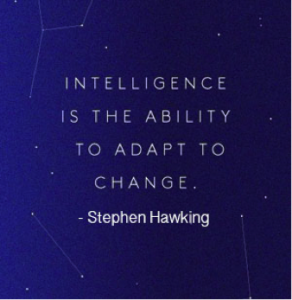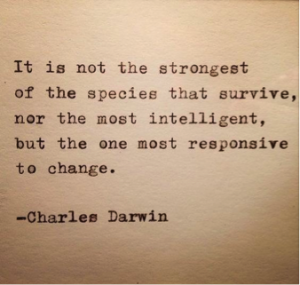The New vs. Old SAT (and Why Change Matters):
The New SAT Basics:
- Scoring is Between 400-1600
- 3 hours + 50 minute Optional Essay
- First Test Date: March 5 (But you won’t get scores until May)
A Few Differences Between the Old and New SAT:
- Only Two Sections—Math and Evidence-Based Reading and Writing (Essay on the new SAT is optional)
- There is No Longer a Penalty for Incorrect Answers
- Better Odds (Only 4 possible answers instead of 5)
- Computer-Based Option
The New SAT’s Goals:
- Better Measure Student Readiness
- Better Predict College Success
- Focus on Skills Needed for College and Career Success
- Better Reflect What is Being Taught in School
The New SAT’s Reading Section:
- No More Obscure Vocabulary
- No More Sentence Completion (Students will be asked to recognize vocabulary based on context)
- Focus on Knowing Multiple Meanings of Words
- Lots of Heavy Reading
- More Graphs & Charts
- 2 sections: 65-minute/52 Question Reading Section, 35-minute/44 Question Writing and Language Section
The New SAT’s Math Section:
- More Word Problems, Fewer Straightforward Equations (Many questions involve lots of reading and multiple steps)
- More Algebra, Less Geometry
- Includes Higher Level Math: Trigonometry & Statistics
- 2 sections: 25-minute/20 questions (no calculator) and 55-minute/38 questions (calculator)
The New SAT’s Optional Essay:
- Goodbye Personal Essays, Hello Critical Analysis (Looks more like AP English prompts)
- Respond to a 600-700 Word Passage and Analyze How the Author Builds the Argument Using Evidence
- 50 minute section
Some Final Thoughts:
I want to preface this by saying I’ve always been (and remain still) a Forbes fan; however, upon researching the new SAT and what it means for our students, I stumbled across a somewhat unnerving article.
My first several days of research yielded nothing but positivity, helpful tables and charts, practice questions, and other resources (some of which can be found here and here).
The Forbes article, on the other hand, claims the SAT is inferior because of its periodic changes (2005 and 2016); furthermore, the author argues in favor of the ACT, purely because it remains largely unchanged… And here’s what I have to say about that:


Do better next time, Forbes. Oh, and incidentally, congrats to the SAT for already doing better next time. Twice.
Students are encouraged to take both the ACT and the SAT, but more importantly, students are encouraged to embrace change, make change, be change, and replace fear of the unknown with curiosity.
I think Marie Curie put it best (she would):





